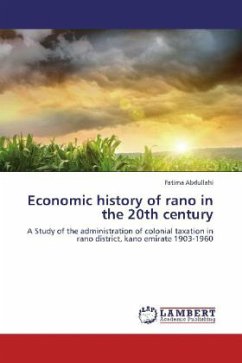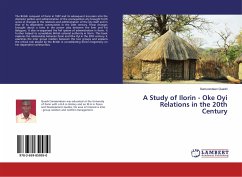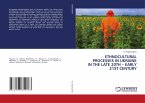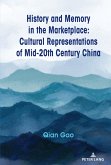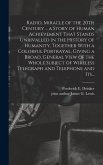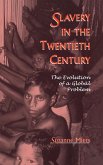This work is a study of the administration of colonial taxation in Rano District.The main objective is to study how colonial taxation was administered in Rano District and the role played by local rulers towards its implementation and consolidation.In this work, research has shown that, though taxation played an important role for revenue generation by the colonial authority, the process of executing the collection in Rano district went through a lot of processes of trials and errors.Through the processes of tax administration (assessment and collection),the British gave local rulers some degree of independence and authority. The power that made the local rulers played their role towards consolidation of colonial economy and employed all means of exploitation, harassment and maltreatment of their subjects. Thus,tax administration led to migration, evasion and concealment. It was also engulfed by corrupt practices including extortion, bribery and embezzlement,which resulted to dismissal of some Native Authority officials (local rulers)in Rano District in the period C1903-1960.
Bitte wählen Sie Ihr Anliegen aus.
Rechnungen
Retourenschein anfordern
Bestellstatus
Storno

